Study: Climate change will impact the diets of small fish, which may exacerbate declines in fish biomass
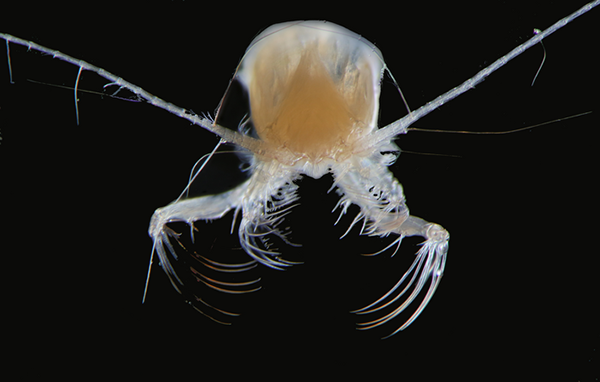
The diet quality of fish across large parts of the world’s oceans could decline by up to 10 percent as climate change impacts an integral part of marine food chains, a major study has found.
The study, which was published in Nature Climate Change and included researchers from the University of Queensland, University of Tasmania, University of New South Wales and Commonwealth Scientific and Industrial Research Organisation (CSIRO), modeled the impact of climate change on zooplankton – an abundant and extremely diverse group of microscopic animals accounting for about 40 percent of the world’s marine biomass.
“Our model results indicate the shift to more gelatinous diets for small fish could become more common in the future under ocean warming,” said Dr. Ryan Heneghan, the study’s lead researcher.
Zooplankton are the primary link between phytoplankton – which convert sunlight and nutrients into energy like plants do on land – and fish. Zooplankton include groups such as Antarctic krill – a major food source for whales – and even jellyfish. The research team used a global marine ecosystem model to look at the impact of climate change on the major zooplankton groups: from single-cell zooplankton to Antarctic krill to jellyfish.
“We used the model to project changes in the zooplankton community in response to climate change, and then assess how these changes could affect the diet quality of small fish – the primary predators of zooplankton beyond the zooplankton themselves,” said Heneghan. “We found future climate change drives shifts in the composition of zooplankton communities across most of the world’s oceans. These changes were mostly caused by decreases in the size of phytoplankton under climate change.”
The researchers found future zooplankton communities will be increasingly dominated by carnivorous groups, such as chaetognaths, and gelatinous groups (such as salps and larvaceans) at the expense of small crustacean omnivores, such as krill and copepods.
“In the oceans, energy is transferred from microscopic plankton up to fish and whales by size-based predation – big things eating small things,” said Heneghan.
Like blue whales, which eat krill, gelatinous salps and larvaceans eat prey millions of times smaller than themselves. That means unlike other larger zooplankton eaten by fish, they can directly access smaller phytoplankton for food. As a result, salps and larvaceans provide an effective shortcut for the transfer of energy from increasingly dominant small phytoplankton to fish.
“This shortcut partially offsets the increase in the number of steps from phytoplankton to fish from shrinking phytoplankton and increases in carnivorous zooplankton,” Heneghan said. “But it comes at a cost: These groups are gelatinous, having about 5 percent of the carbon contained in omnivorous zooplankton such as krill and copepods. In terms of nutrition, this would be like replacing a rib-eye steak with a bowl of jelly.”
As a result, the model projects that the diet quality of small fish could decline across large areas of the world’s oceans, which would exacerbate declines in fish biomass from climate change by up to 10 percent.
Heneghan said shifts to more gelatinous fish diets had already been observed during a recent marine heatwave in the North Pacific, commonly called “the Blob.”
“The higher temperatures drove declines in phytoplankton production, which in turn drove decreases in the prevalence of carbon-dense krill, which were replaced by gelatinous zooplankton,” he said. “As a result, small fish in the region shifted to more gelatinous diets, which drove declines in their weight and abundance.”
Follow the Advocate on Twitter @GSA_Advocate
Now that you've reached the end of the article ...
… please consider supporting GSA’s mission to advance responsible seafood practices through education, advocacy and third-party assurances. The Advocate aims to document the evolution of responsible seafood practices and share the expansive knowledge of our vast network of contributors.
By becoming a Global Seafood Alliance member, you’re ensuring that all of the pre-competitive work we do through member benefits, resources and events can continue. Individual membership costs just $50 a year.
Not a GSA member? Join us.
Author
-
Responsible Seafood Advocate
[103,114,111,46,100,111,111,102,97,101,115,108,97,98,111,108,103,64,114,111,116,105,100,101]
Tagged With
Related Posts
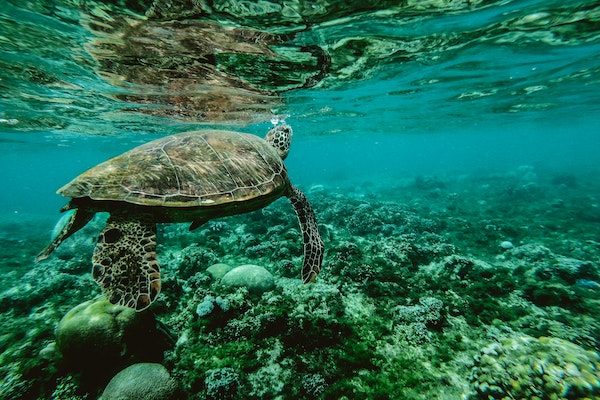
Responsibility
Hottest ocean temperature record set in 2022 for seventh consecutive year
Research says a record-high ocean temperature combined with greater salinity could create inhospitable ocean conditions for marine life.
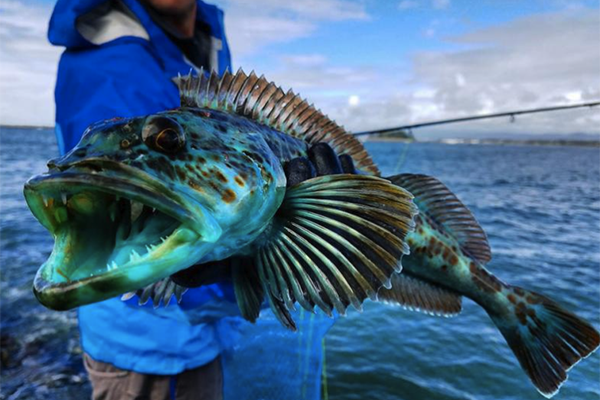
Fisheries
Study: Marine heat waves deep underwater persist longer
A NOAA study finds marine heat waves can occur with little evidence of ocean warming at the surface, which impacts fisheries management.
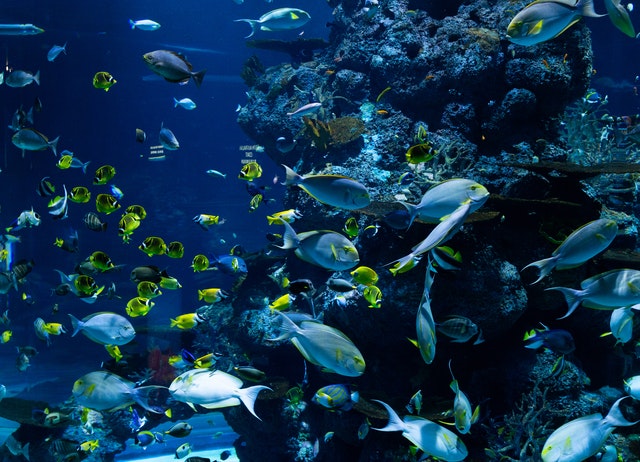
Health & Welfare
With warming waters, will fish suffer from oxygen deprivation?
A new study has found that larger fishes are more likely to experience oxygen deficiency in warming water than smaller species.
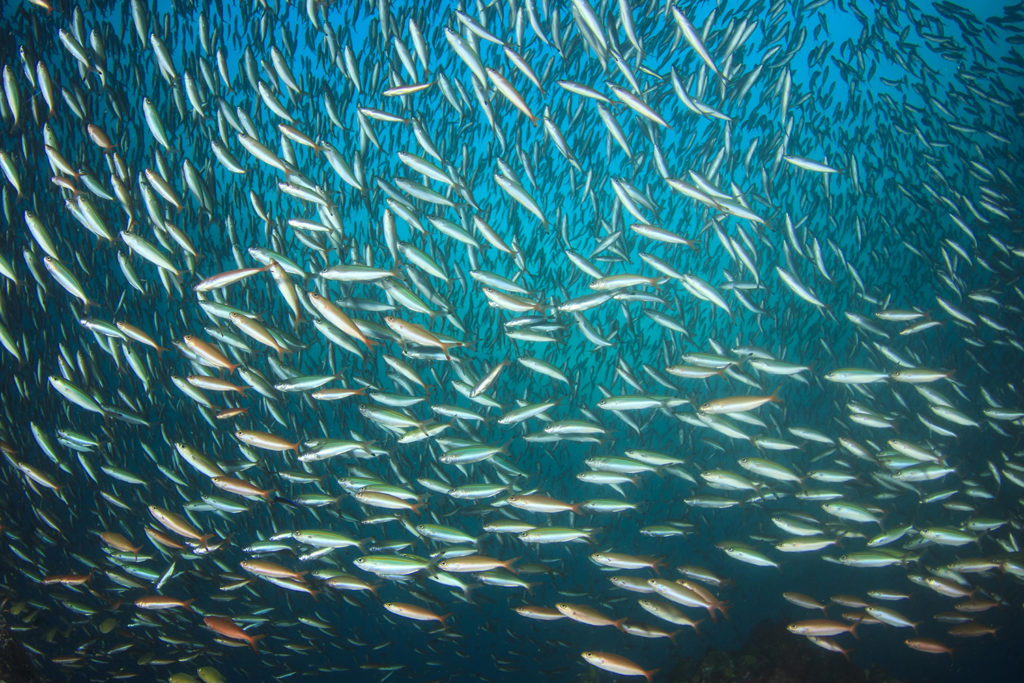
Responsibility
Study: Climate change will shuffle marine ecosystems in unexpected ways as ocean temperature warms
A study found that, as the ocean temperature warms, fish will continue to exist in certain areas but are not likely to be as abundant.



